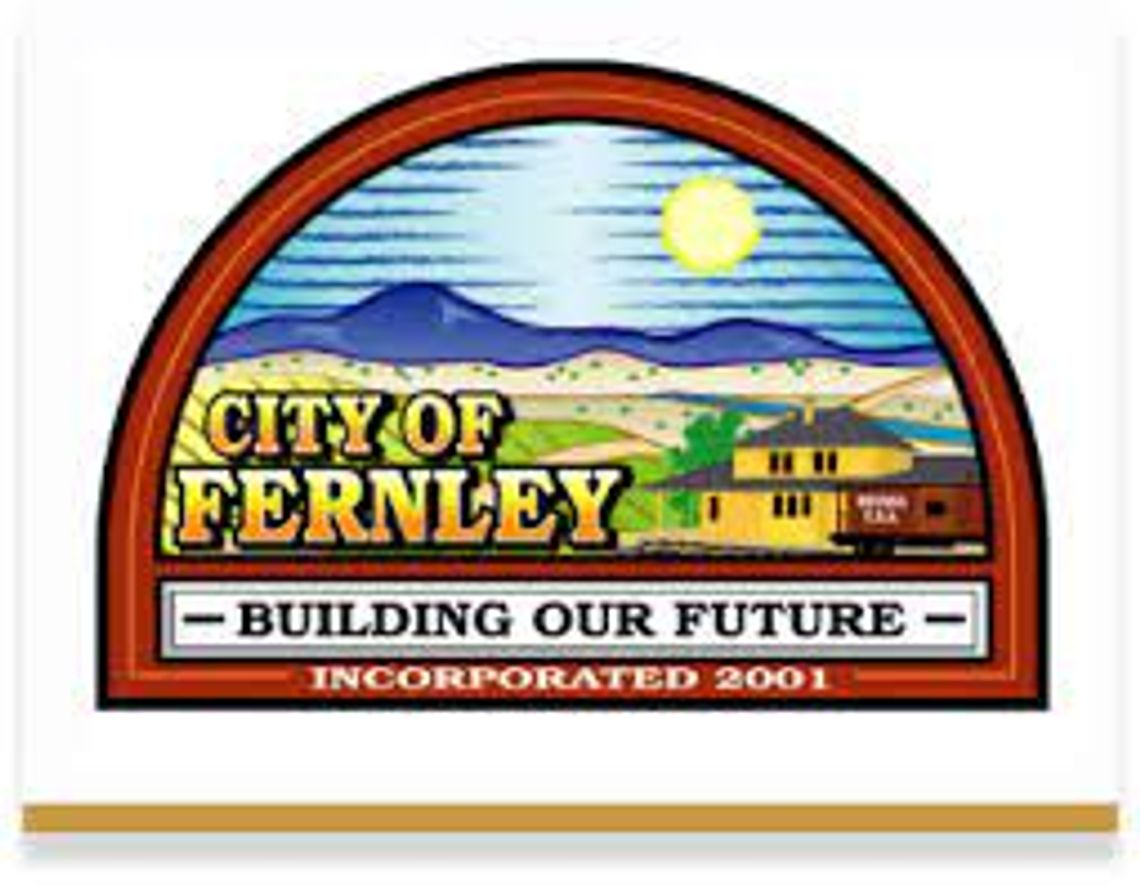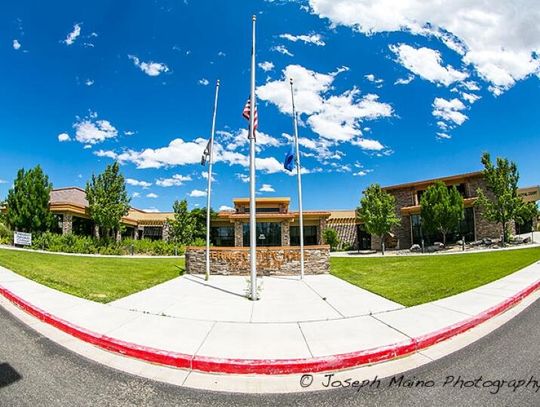The Fernley City Council voted 3–2 at its Oct. 1 meeting to reject a proposed contract with
Merchant McIntyre Associates, a Washington-based firm that claimed it could help the city
secure millions in federal funding for infrastructure and public safety projects.
The firm’s representatives, Co-Founder Mark McIntyre and Associate Vice President Brandon
Bookout, joined the meeting via Zoom, offering a 90-day engagement for $30,000. They said
their goal was to develop a federal funding strategy, identify grant opportunities, and support the
city through the application process. The ultimate payoff, they said, could be transformative.
“We’re not interested in press,” McIntyre told the council. “We’re interested in getting results for
folks like you.”
The firm’s proposal included five deliverables: a resource inventory, a comprehensive funding
strategy, a detailed grant grid, meetings with congressional and executive branch staff, and full
support through the grant-writing process. McIntyre emphasized that the firm’s value lay not in
access, but in expertise.
“A city like Fernley should retain us for what we know, not who we know,” he said. “We are the
neck that turns the head.”
Councilman Albert Torres was among the councilmembers who weren’t convinced. He said he’d
reached out to multiple federal delegates, including one on the appropriations committee, and
none had heard of the firm—neither in Washington nor in Reno.
“Not that they haven’t worked with you,” Torres said. “They’ve never even heard of your
company.”
He also expressed concern about the cost, which was initially listed at $120,000 before being
reduced to $30,000 for the trial period. “I think $120,000 can be spent better by investing in our
own staff,” he said.
Torres also questioned the firm’s western U.S. experience, noting that its website highlights
mostly East Coast clients. McIntyre responded that the firm had worked with Nye County,
Renown Health in Reno, and, effective that day, the UNLV Eye Institute. He also cited clients
ranging from the Los Angeles Port Authority to small rural communities in California and
Washington State.
“The real advantage to Fernley is that we currently do not represent any other local government
in Nevada, which means 100% of our focus would be on behalf of you all,” McIntyre said.
He added that the firm had researched Fernley before reaching out and proposed the 90-day
engagement to allow the city to evaluate its performance with minimal financial risk.
Councilwoman Felicity Zoberski raised concerns about the timing, noting the ongoing federal
government shutdown. Mark McIntyre dismissed the concern, calling shutdowns “federal freeze
tag” that pause but don’t halt the grant process.
Zoberski also questioned the process that brought the firm to the city’s attention. Bookout said
they had identified Fernley as a strong candidate for federal funding and sent a letter to Mayor
Neal McIntyre. City staff confirmed the outreach and said the proposal was placed on the agenda
due to the volume of federal grant opportunities.
“I don't believe that this affects our state lobbyists and outfits that are working with us as well,
because we do have Western Nevada Development District working with us trying to get grants
for our wastewater treatment, our water treatment plant,” Neal McIntyre said.
Councilman Joe Mendoza asked whether the firm would consider a contingency-based payment
model, similar to an injury attorney.
“If we get a $30 million grant, then we give you a percentage of what you guys actually worked
for and what we actually received as opposed to paying you guys a certain amount of money and
potentially not getting any money from these grants?” Mendoza asked.
Mark McIntyre said such arrangements are illegal under federal law. “You can understand why,”
he said. “That opens the door to kickback schemes and other issues.”
Councilman Ryan Hanan asked how the firm’s grant submission process differed from that of a
city employee. Mark McIntyre said submitting a grant is only a small part of the process.
“What’s different about what we provide is described in our federal funding action plan,” he
said.
Hanan acknowledged the city’s limited success with past grant efforts and expressed support for
expanding its approach.
“The more fishing poles you have out there, the more fish you’re going to catch,” he said. “I
think that having two or three or four lobbyists doesn’t hurt us.”
Zoberski said she’d prefer to hear from multiple firms before committing funds.
“If this is something we’re interested in doing, then I think we should table it and bring in
different firms,” she said.
Mark McIntyre responded that his company’s opponent isn’t another firm, it’s money.
“We know Fernley has a reputation for being frugal,” he said. “There’s no one in this meeting
more frugal than I am.”
He described his own working-class background, including migrant labor, pipe bending and
house painting, and said the firm’s offer was designed to minimize risk.
“At worst, you’ll walk away with something you don’t currently have: a comprehensive federal
funding strategy and a detailed grants grid,” McIntyre said. “And if your staff, WNDD, or your
local lobbyist has already produced that, then you don’t need us. It’s a very easy decision.”
Neal McIntyre, who brought the proposal forward after discussions with staff, said he supported
revisiting the idea with additional options.
“If this isn’t what you want, then we’ll drop back, punt, and bring some other companies
forward,” he said.
After final comments, the motion by Torres to deny the contract passed 3–2.









Comment
Comments